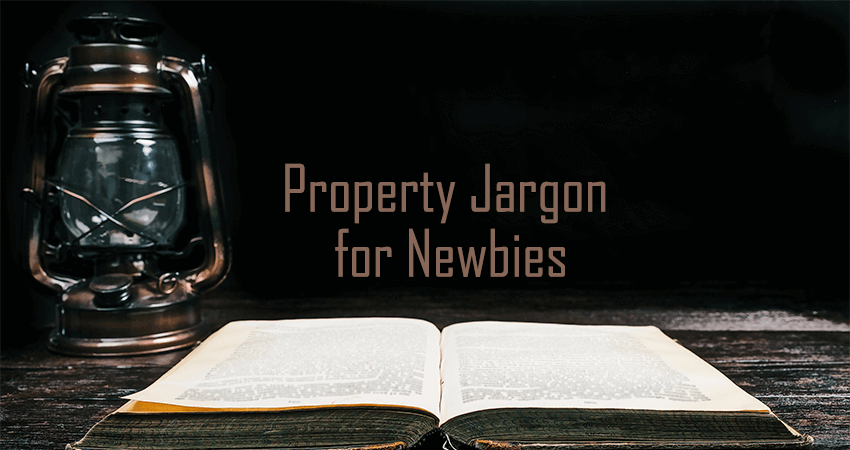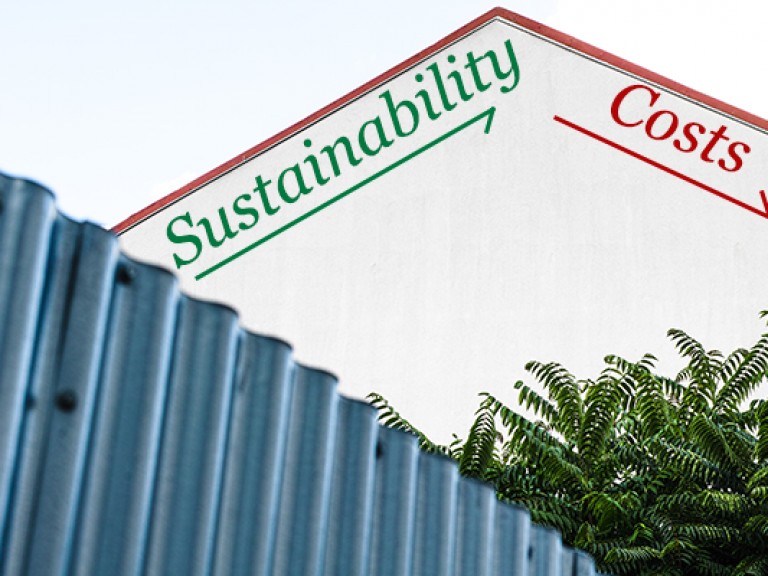
If you are anything like me, I am sure you would find all those early stages of property investment’s terms just plain jargon. You might as well be talking to me in a different language!
It can be hard for first-time property investors to fully comprehend and understand the processes, especially the legal/conveyancing side of things.
As such, I have broken these broad terms down and defined the process in laymen terms.
It is important to note that each step can differ from situation to situation, so please only take with a grain of salt and consult your finance broker or solicitor if you have any further questions.
What does Conditional Approval mean?
Conditional Approval can be the first step in getting a home loan in order. It takes you further along in your journey towards finding the perfect investment property.
It is a type of initial approval or “pre-approval” from a lender, indicating that you should be accepted for a home loan up to a certain dollar amount.
Conditional Approval isn’t a 100% fixed guarantee. As the name suggests it’s “conditional” on you supplying further information in the way of documents to substantiate a formal application for a home loan and a valuation of the property.
Conditional Approval is vital for all property buyers who want a home loan; from first home buyers to investors and those who have equity in property they already own.
Getting your ducks in a row
Conditional Approval usually involves a simple submission process.
In evaluating you for conditional approval, a lender will consider your needs and objectives and generally look at four key things:
1. How much you owe (any existing loans, credit cards, debts, outgoing costs etc)
2. How much you own (any assets including cars, shares, savings etc)
3. What you earn (including any money you receive from investments, rent and other sources)
4. Your living costs (from food to transport, bills and more)
What does Formal Approval mean?
These are the two words that will make you smile ‘Formal Approval’!
Basically, there are no other finance conditions attached and the loan is now fully approved. YAY!
The loan structure has satisfied all of the lenders requirements and in turn they are happy to grant loan approval and proceed with issuing loan documents accordingly.
Our dedicated Investloan Team of finance brokers can assist you with all of the above.
What is Settlement and how does it work?
This is the most important word that you want to hear ‘Settlement’.
If buying a new home or investment property were a marathon, settlement would be the finish line. This is the part where you finally take legal possession of the property – but there is a little more to it than simply handing over the cash and having a property now legally in your name.
You are now the official owner of this real estate. How cool? Don’t forget to celebrate when you reach this milestone.
To sum it up
Settlement is the process of transferring property from seller to buyer.
It involves various legal, financial and administrative tasks.
A conveyancer or solicitor will usually perform most of these tasks on your behalf.
Settlement is a process in itself. It involves activities that must be completed before you can start building your investment house. These may include:
Checking and signing the transfer documents
Registering the transfer of ownership with the relevant government agency
Making final payment to the seller.
What happens on the day of Settlement?
Settlement day is the pointy end of the whole process – the day you take legal possession of the real estate
There are a few legal and administrative errands that have to be done before the property is handed over to you. The good news is that you can let your conveyancer or solicitors manage all of these tasks for you – they’re the experts, after all.
Final Settlement
Just before final settlement, your conveyancer/solicitor will provide you with a ‘settlement adjustment statement’. This will include pre-settlement adjustments such as stamp duty, any stamp duty concessions, and the First Home Owner Grant (if applicable). There may also be adjustments to compensate the seller for council rates, water, and body corporate fees.
Done and Dusted
Your conveyancer/solicitor will send you the settlement elements, including a statement of adjustment to confirm how the funds were spread. You should also receive confirmation from your lender, including details on your loan amount and repayments.
Once it’s all done, you are ready to begin the build process.
Our team is composed of an experienced dedicated panel of Conveyancers/Solicitors who can assist you with the contracting and settlement process. Contact us to find out more.








